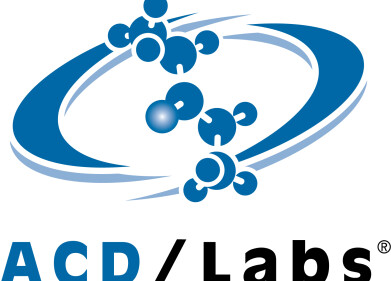-
 Rubidium could be the building block of future clinical laboratory IT solutions
Rubidium could be the building block of future clinical laboratory IT solutions
IT solutions
The quantum future of clinical laboratory IT solutions
May 17 2010
Studies into the potential building blocks for quantum computers have taken a step forward with the news that the Max Planck Institute of Quantum Optics has examined the optical properties of a single rubidium atom.
When trapped in a high-finesse optical cavity and subjected to a transverse high-intensity laser, the atom can act as a quantum optical transistor, modulating the passage of laser light through a process called electromagnetically induced transparency or EIT.
This makes rubidium a candidate for the construction of quantum computers in the future - a key step in the process towards more miniaturised clinical laboratory IT solutions and other computer systems.
Miniaturisation is also crucial to upholding Moore's Law, which dictates that the processing power of a microchip will double on average every 1.5 to two years, without the chip increasing in size.
Digital Edition
Lab Asia 31.6 Dec 2024
December 2024
Chromatography Articles - Sustainable chromatography: Embracing software for greener methods Mass Spectrometry & Spectroscopy Articles - Solving industry challenges for phosphorus containi...
View all digital editions
Events
Jan 22 2025 Tokyo, Japan
Jan 22 2025 Birmingham, UK
Jan 25 2025 San Diego, CA, USA
Jan 27 2025 Dubai, UAE
Jan 29 2025 Tokyo, Japan
.jpg)

















